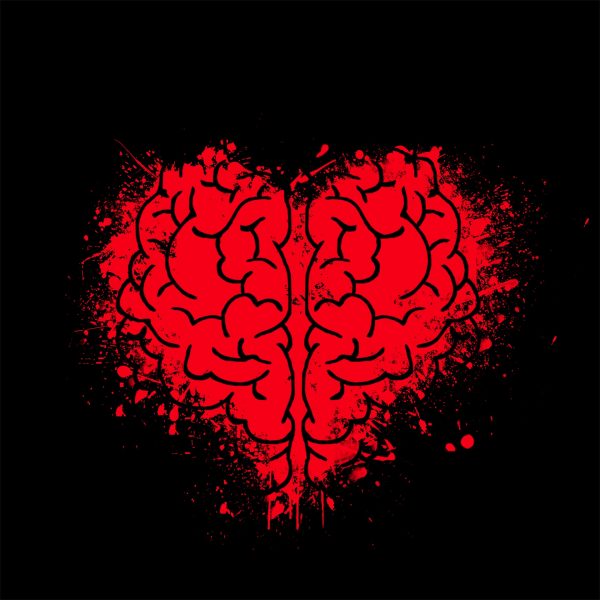Broken heart, disconnected brain

Going through a break up is kind of traumatic. We all have felt it sometime, not only your heart is broken but your brain feels like out of sync and incapable of proper functioning. Well, this is not just an impression, new research has found there is a relationship between a broken heart and a disconnected brain.
A new study 1 published in the journal Neuroimage Clinical examined the brains of 69 people who had recently suffered a break up and found that there is indeed something not quite working as it should there.
Obviously getting your heart broken can get you a bit depressed and the researchers measured the levels of depression of the participants on several scales and compared them with the patterns of brain activation seen in brain scans.
What resulted from the combination of these two data sources was the following correlation: those people who felt more desperate also shown the biggest deficits in terms of integration. This is the brain’s capacity to gather information from all relevant brain regions in order to make decisions according to the circumstances or our environment. Obviously, lacking on this capacity does not pan well for daily life.
Furthermore, the researchers found a correlation among depressive symptoms and decreased brain regional specialization, which would in turn lead to a sort of chaotic brain soup which would reduce cognitive performance. In other words, your brain would not just know where to start dealing with a problem. Like when you have a long to-do list and everything results distracting, when your heart is broken your brain is disconnected.
What we can learn from this study are a couple of things: first, there is a proof now that brains are not capable of normal functioning under strenuous emotional circumstances and that not dealing with depressive symptoms affects cognitive abilities to points which might be all but incapacitating.
References
- Alonso Martínez, S. et al. (2020) Reduced spatio-temporal brain dynamics are associated with increased depressive symptoms after a relationship breakup Neuroimage Clinical doi: 10.1016/j.nicl.2020.102299 ↩